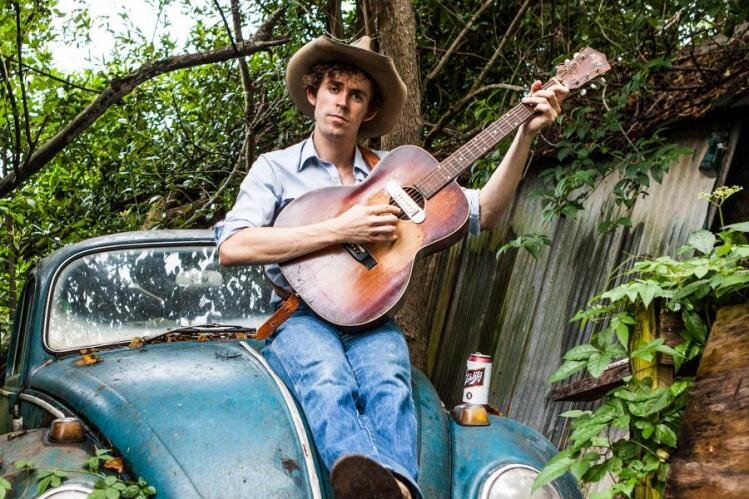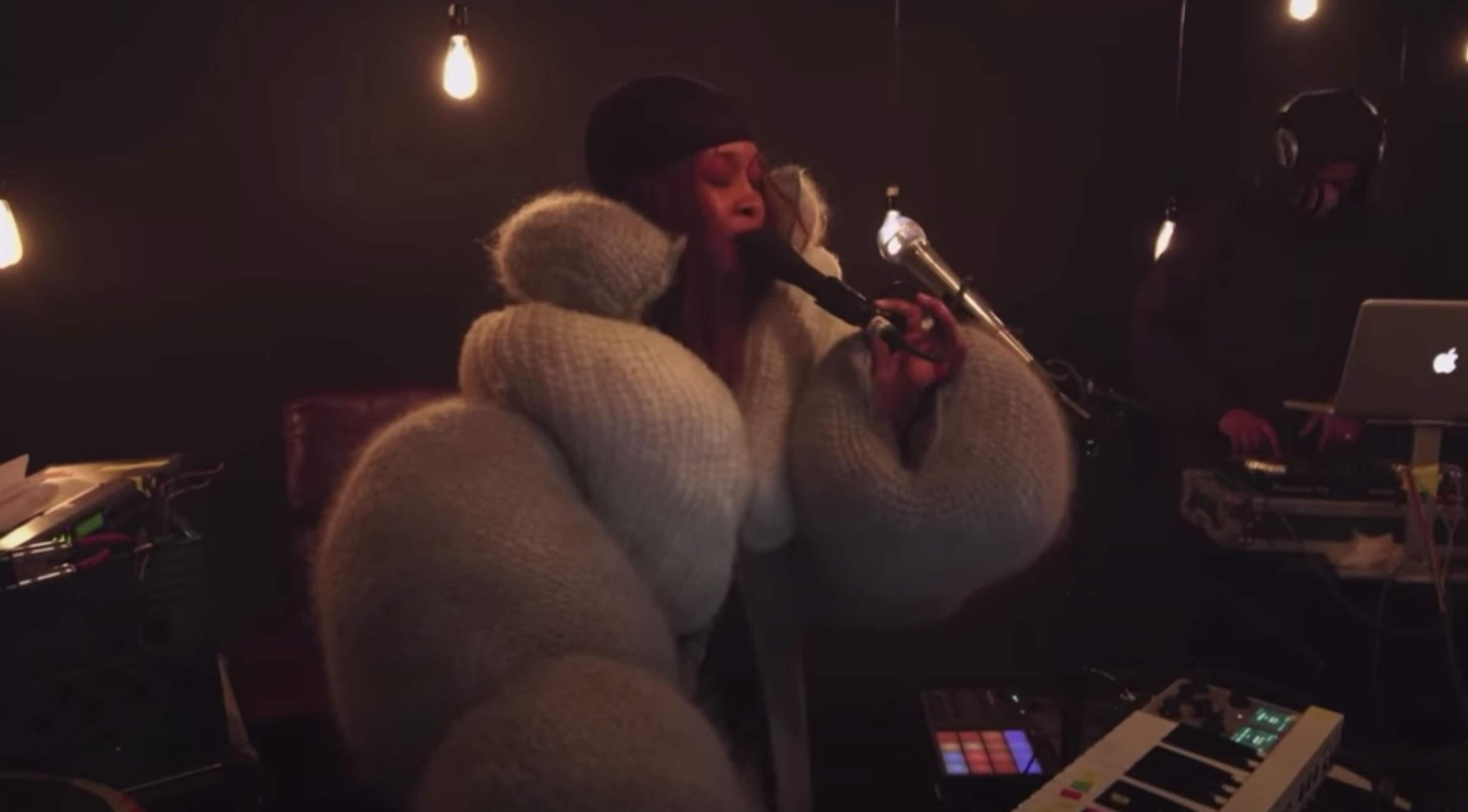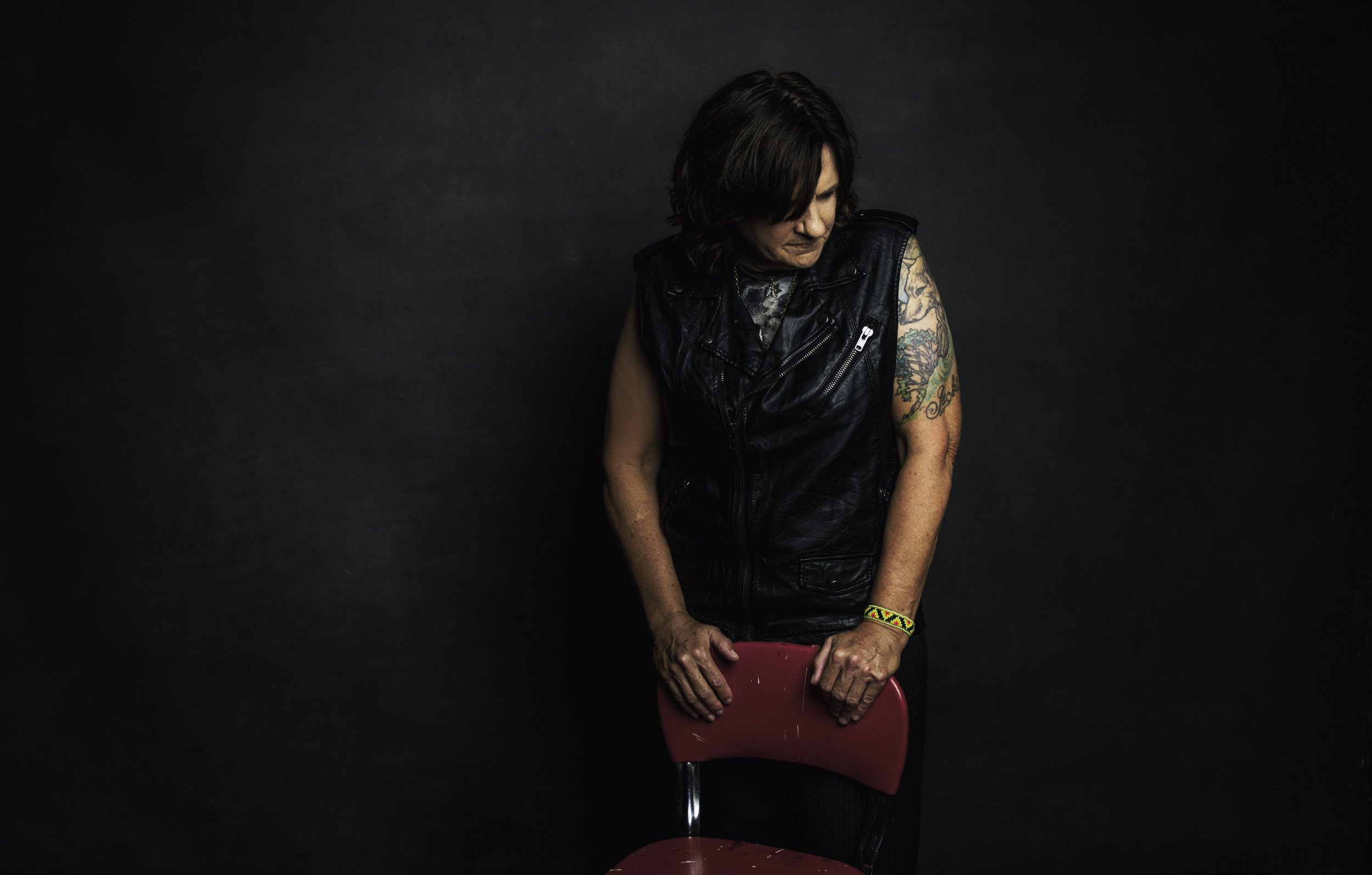Sam Doores Suddenly Has Time on His Hands

Sam Doores
The Deslondes' singer planned to spend the year touring behind his debut as a solo artist, but COVID-19 had other ideas.
“I should have known with the whole Friday the 13th album release.”
Sam Doores from Americana band The Deslondes released his self-titled first album Friday, March 13, and that night he played a party for it at New Orleans’ Hi-Ho Lounge. The show was to start a year spent promoting Sam Doores, beginning with tours with Pokey LaFarge, Esther Rose, and Daniel Romano, and a showcase at South By Southwest with his label mates on New West Records. He had a run of shows booked in Baton Rouge, Lafayette, and Houston on his way to Austin, where he also had scheduled some day party gigs, but none of that happened. First, South by Southwest canceled, then before the Hi-Ho show, Louisiana Governor John Bel Edwards and New Orleans Mayor Latoya Cantrell banned gatherings of more than 250 people to help slow the spread of the Coronavirus. Doores could see what was coming and realized that there was no point in fighting upstream. He canceled the remaining 21 dates of his spring tour including an appearance at the Brooklyn Folk Festival and New Orleans dates around Jazz Fest—dates that he correctly figured wouldn’t take place as originally scheduled. The year he planned to spend promoting the album quickly became very uncertain.
“We all gotta do what we can to get it under control now,” Doores says. “If that means canceling everything, that’s what we’ve got to do.”
He doesn’t say that with any pleasure. It’s the truth, but canceling everything not only hurt plans for Doores to try to sell his new album but himself as a solo artist. Doores made his name as part of the Hurray for the Riff Raff lineup that helped Alynda Segarra find a more roots-based footing for the band, and as a member of the Americana group The Deslondes. The Deslondes released two albums on New West Records before downshifting. Life, families, and the ceiling they found for their success made it hard for the members to continue to pour their time, energy, money and hopes into the band. The band still exists, Doores says, but in a “part-time, chilled out format.” They still hope to record another album at some point and can play the occasional one-off gig, but “this project is my current, full-time obsession,” he says.
Whenever The Deslondes toured Europe, Doores scheduled a side trip to Berlin to work with producer Anders “Ormen” Christopherson on songs that he didn’t see as Deslondes material. AllMusic.com’s Stephen Thomas Erlewine wrote of The Delondes, “Part of the charm of the New Orleans quintet is their light touch, how they blend country, blues, folk, and noir-ish rock without ever seeming like they're conscious of their fusion.” Sam Doores is even more genre-agnostic. If anything, the songs owe a greater debt to the R&B from the early days of rock ’n’ roll than country and folk, but the ease with which guitar twang, classic pop, baritone sax and Doores’ gentle drawl come together makes it all seem inevitable. Turn everything up two or three notches and Doores would be a natural for a David Lynch soundtrack. At one point, he sings, “Play me some more of that Cambodian rock ’n’ roll” with the lazy confidence of someone who knows from experience that it’s the natural answer for a troubled mind.
It’s easy to imagine the album having broad appeal, but that doesn’t translate to sales in the streaming era. Indie musicians can’t count on mailbox money these days and have to earn their livings on the road. The shutdown of the concert business that followed the Coronavirus outbreak put musicians’ ability to earn a living on hold, and not only artists still finding their audiences. Neko Case tweeted on March 20, “Hi! I’m broke-ish and any BandCamp love you give comes right to yours truly and ANY other lovable artist you want to support.”
“Honestly, this is all a bit of a mystery to me,” Doores says. In normal times, an album for an indie artist has a year or so to find its audience, though the first weeks are important. “People write a lot about a new album when it comes out, so there’s an opportunity for a buzz to start or momentum for an artist. Usually that gets reinforced by performing a bunch, playing festivals, and selling albums in person.”
According to Logan Rogers, head of Marketing for New West Records, an interruption in the touring schedule translates to an interruption in the promotion schedule. “Having an artist travel into different markets gives us a chance to work with local radio stations, record stores, and media outlets while introducing new material to their fan bases in person,” Rogers says. “We use tours to help generate word of mouth buzz in regional pockets.” If Doores isn’t on the road, his album has to fend for itself and compete for media and listeners’ attention with the deluge of releases that come out weekly. It’s a battle that’s hard to win, even with an established indie label behind him.
Streaming has made touring even more important than ever because sales just don’t happen like they used to. Friends and family members bought Sam Doores online, but recorded music doesn’t earn artists much money. They need gig money to get by, and that’s the place where he knows he puts his music in the hands of his fans.
“People do buy records, definitely, at shows,” he says.
Doores’ financial plan for the year was playing and earning money touring, and his band mates were counting on that income as well. Doores’ solution? “There’s no money coming in and no back-up plan, so I’m hunkering down and trying not to spend any money,” he says. “Me and my band are on a spending freeze and hoping not to get evicted.” He’s exploring Patreon, the platform that helps fans support their favorite indie artists, and online shows, just like everybody else. “I’m figuring out what the options are,” he says, and his concerns are everybody’s concerns. What comes next? He worries that if people’s rents and bills are simply put off, the country—not just musicians—will come out of this period hopelessly behind financially.
“We could be entering the next Great Depression,” Doores says.
When he watched his year fall apart, Doores’ first thought was that he was snakebit. He had worked on the album in fits and starts for five years, it came out well, and he had a plan to help his songs find an audience. Suddenly, he had no idea what came next or how he would pay his bills. To make matters worse, he relocated to the Bay Area right in time to be sheltered in place. While shut in, he began to get some perspective on the situation. “You zoom out from your own experience and realize what everyone’s going through and it doesn’t feel personal at all anymore,” Doores says. “It feels like Wow, what can we do to all get through this together?”.
Fortunately, he has a long to-do list. He’s staying in a place with a piano, so he plans to use the time to learn some songs. “I’m going through and doing things that have been on the back burner like taxes,” Doores says. “Lots of emailing. Sending letters to old friends.
“Now I’m mostly through the process of letting go of the disappointment and trying to take advantage of the time and space and trying to get a lot of writing done. Maybe I’ll finish the next record while I’m doing this.”
Creator of My Spilt Milk and its spin-off Christmas music website and podcast, TwelveSongsOfChristmas.com.






